I have a ndarray which looks like this:
x
I wanted to add this into an existing dataframe so that I could export it as a csv, and then use that csv in a separate python script, pull out the ndarray and carry out some analysis, mainly so that I don't have one really long python script.
To add it to a dataframe I've done the following:
data["StandardisedFeatures"] = x.tolist()
This looks ok to me. However, in my next script, when I try to pull out the data and put it back as an array, it doesn't appear the same, it's wrapped in single quotes and treating it as a string:
data['StandardisedFeatures'].to_numpy()
I've tried astype(float) but it doesn't seem to work, can anyone suggest a way to fix this?
Thanks.


